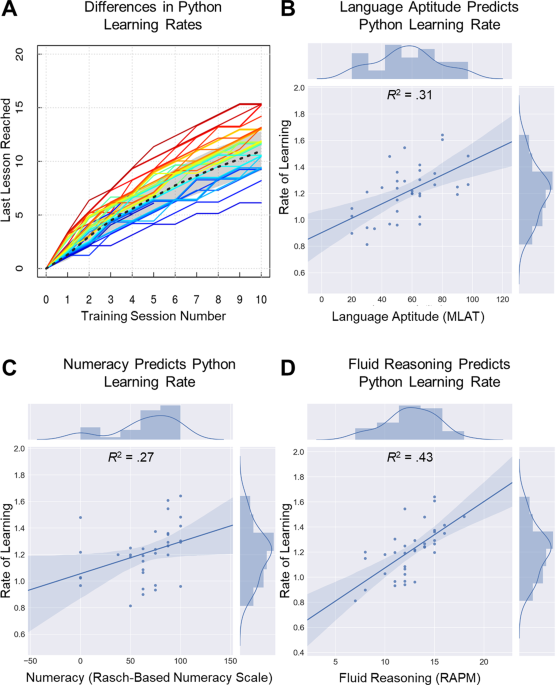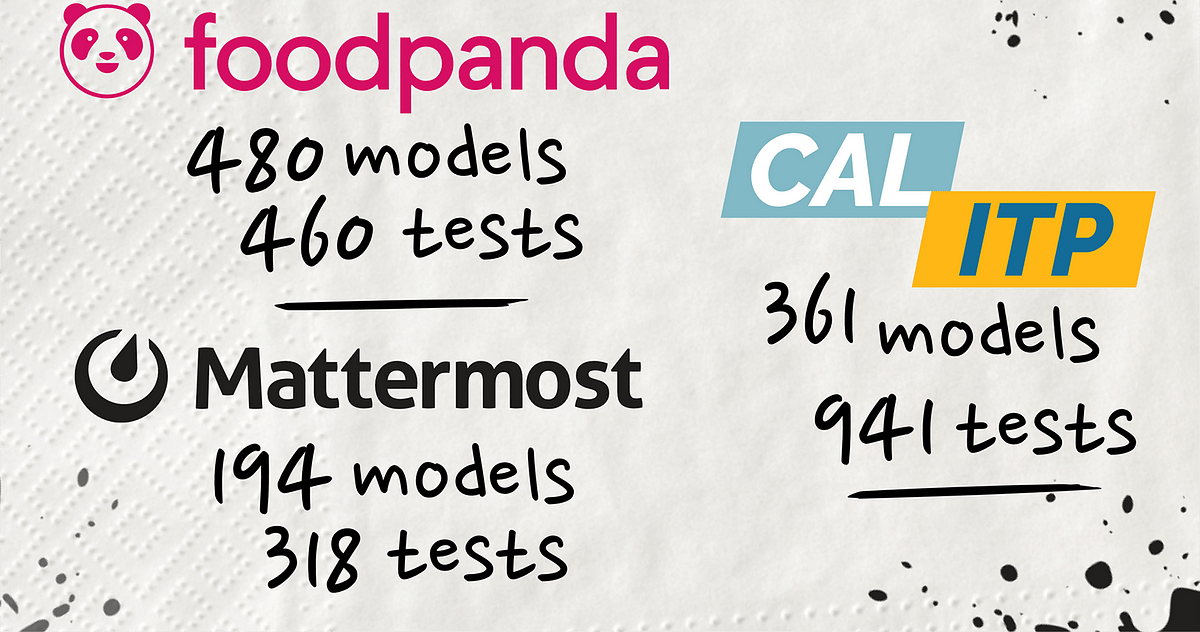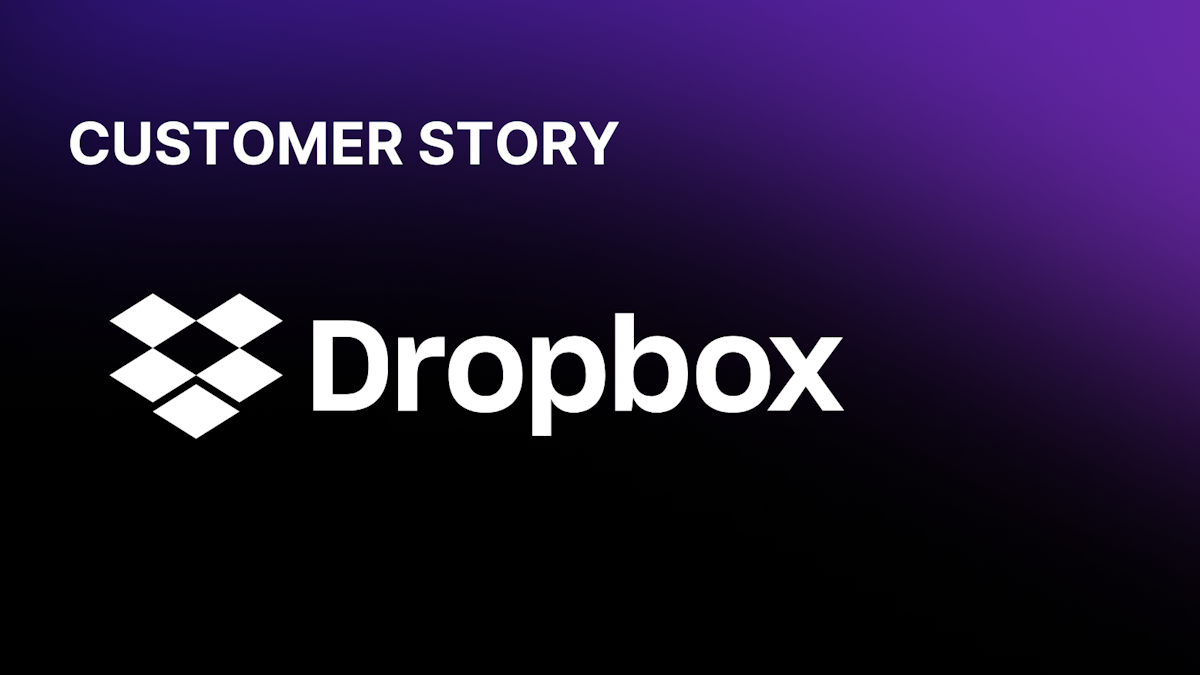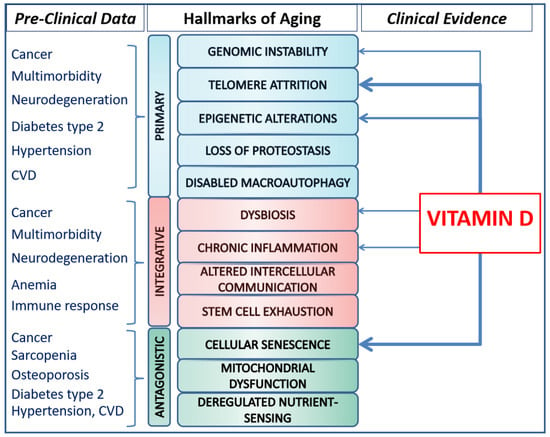Why Clinical Laboratorians Should Embrace the R Programming Language
Author: Shannon Haymond, PhD, DABCC, FAACC, and Stephen Master, MD, PhD, FAACC // Date: APR.1.2020 // Source: Clinical Laboratory News
Like many other industries, clinical laboratories are becoming more reliant on data analytics. Clinical laboratories generate, process, and store transactional data with high quality and efficiency. These data are required for patient care and quality assurance activities and increasingly are used for operational decisions. To analyze all these data, laboratories often rely on commercial spreadsheets or other specialized software applications. However, these programs can be functionally limited and often are not suitable for more complex statistical analyses and visualizations or for analysis of large or high-dimensional datasets. Importantly, the analysis and visualization workflows in these programs have limited reproducibility and transparency.
In contrast, R is a comprehensive, open source, platform-independent, freely available programming language, and it has a massive, worldwide user and contributor base. These characteristics make R ideally suited for clinical laboratorians. Applications of R in medicine—and specifically among clinical laboratorians—are growing due to increased visibility of R’s versatility and the availability of relevant, focused training.



















